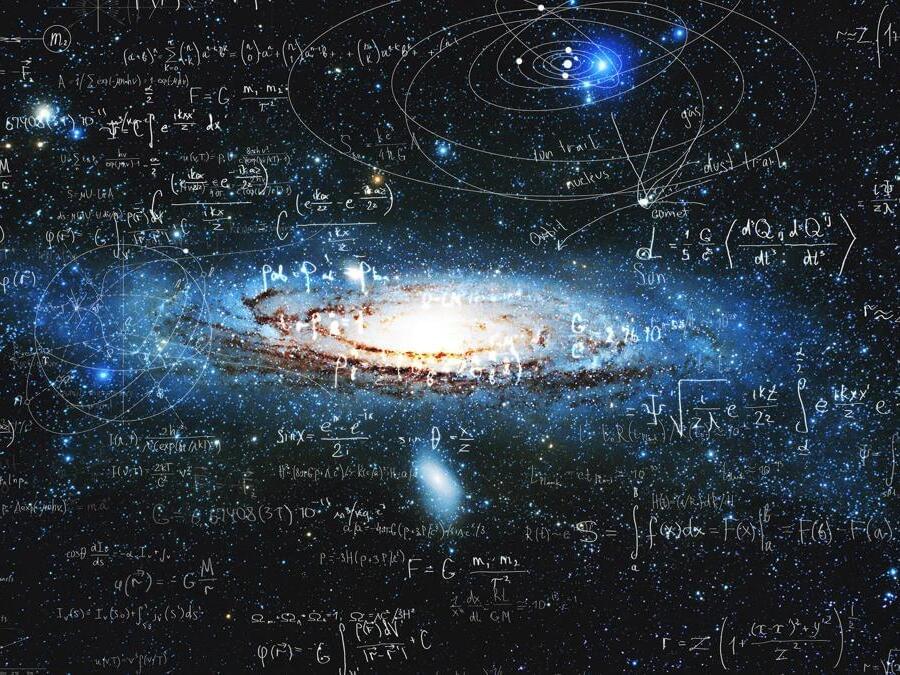What if everything in our world has a soul and mind? What if every desk, chair, and potted plant has a conscious stream of thoughts? That’s the basic idea behind Panpsychism, a theory first put forward in the late 16th century by Francesco Patrizi. It’s been a hundred years or so since science won out about this theory in the 1920s, but now it’s regaining momentum.
To understand why this theory is regaining popularity requires us to look at one of the most difficult conundrums that human scientists have ever faced: where consciousness comes from. Scientists have been trying to solve this hard problem for over a hundred years, and while developments in neuroscience, psychology, and quantum physics have come far, we still don’t have a definitive answer.
The argument is regaining momentum, though, thanks in part to the work of Italian neuroscientist and psychiatrist Giulio Tononi, who proposed the idea that there is widespread consciousness even found in the simplest of systems. Tononi and American neuroscientist Christof Koch argued that consciousness will follow where there are organized lumps of matter. Some even believe that the stars may be conscious.
